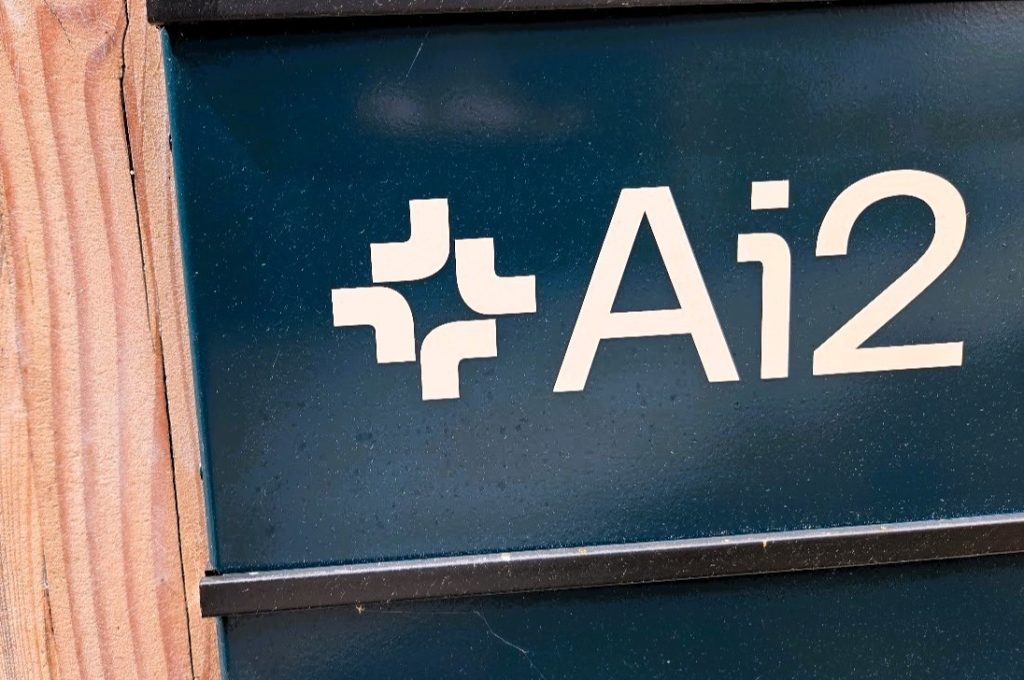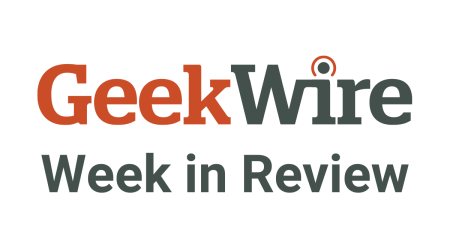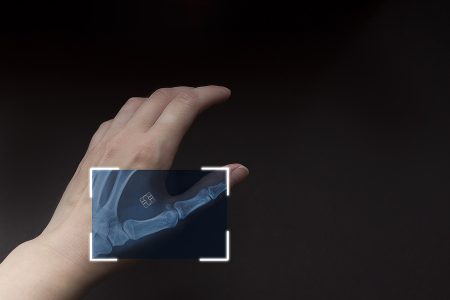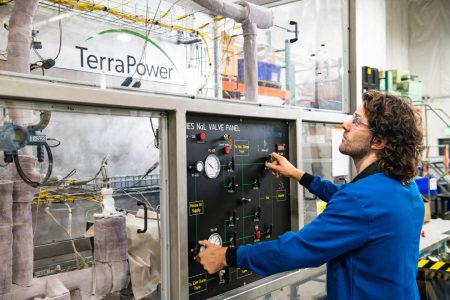Asta: AI’s New Scientific Frontier
In a world where artificial intelligence increasingly touches every aspect of our lives, a fundamental question remains: can AI move beyond drafting emails and chatting with users to make meaningful contributions to scientific research? The Allen Institute for AI (Ai2) believes the answer lies not in general-purpose assistants but in specialized scientific agents. Their latest initiative, Asta, represents a bold step toward creating AI collaborators specifically designed for researchers tackling humanity’s most complex challenges. Unlike commercial AI platforms that serve the masses, Asta focuses exclusively on empowering scientific discovery through rigorous, evidence-based assistance that researchers can truly trust.
Based in Seattle, Ai2 has designed Asta as a comprehensive platform where scientists can create and deploy specialized AI agents that work autonomously on their behalf. These aren’t mere chatbots—they’re collaborators designed to think like scientists, capable of finding relevant papers, analyzing complex data, summarizing scientific literature, generating hypotheses, and crucially, citing their sources. What makes Asta particularly noteworthy is its commitment to open-source principles, making its digital infrastructure available for others to examine, modify, and build upon. This transparency aligns with the nonprofit institute’s core mission of advancing AI for the benefit of humanity rather than proprietary gain.
The Asta ecosystem consists of three interlinked components that form a continuous improvement cycle. First, the Asta agents themselves function as AI assistants specifically tailored for scientific tasks. Second, AstaBench provides a benchmark suite for testing and evaluating these scientific agents against real-world problems, creating a standard for measuring their effectiveness. Third, Asta Resources offers developers a toolkit for building new scientific agents using Ai2’s open-source tools and data. This tripartite approach creates what Ai2 calls “a flywheel of scientific improvement,” where usage, testing, and development feed into one another, continuously improving the platform’s capabilities. Importantly, Ai2 emphasizes that Asta is designed to collaborate with scientists rather than replace them, though the capabilities they describe would certainly impress even seasoned graduate students.
The launch of Asta caps an extraordinarily productive period for Ai2, which recently announced a new AI robotics initiative and received a substantial $152 million grant from Nvidia and the National Science Foundation to lead the creation of the future AI infrastructure for U.S. scientific research. Founded in 2014 by Microsoft co-founder Paul Allen and now largely funded by his estate, Ai2 has established itself as a powerhouse in AI research, employing approximately 225 people, including many top researchers who also maintain affiliations with the University of Washington. While commercial AI companies like OpenAI and Anthropic have captured public attention with consumer-focused products, Ai2 has focused more on foundational research and developing fully open-source tools for scientists and developers.
Asta builds upon Ai2’s existing Semantic Scholar project, which has created a massive research database indexing over 200 million scientific papers. The new platform leverages this extensive knowledge base through a dedicated “Scientific Corpus Tool” that extends the Semantic Scholar API, giving Asta agents access to an unparalleled repository of scientific knowledge. Under the leadership of CEO Ali Farhadi, who returned to Ai2 in 2023 after leading machine learning at Apple (which had acquired his Ai2 spinout Xnor.ai for an estimated $200 million), the institute has reinforced its commitment to open-source AI development. This approach reflects Ai2’s core belief that AI systems intended to advance scientific knowledge should themselves be subject to scientific scrutiny.
The motivation behind Asta came from Ai2’s own identified need for AI tools that can execute complex plans while explaining their reasoning and remaining grounded in scientific evidence. As Ai2’s chief scientist Dan Weld explained, Asta is “not just another assistant but a collaborator designed to think like a scientist.” This scientific mindset is crucial for the trustworthiness that research demands—the ability to trace conclusions back to evidence, provide transparent reasoning, and avoid the hallucinations that plague general-purpose AI assistants. Farhadi summarized the vision by saying Asta represents Ai2’s “bet on a future where AI doesn’t just keep up with science, it helps drive it forward.” In creating this open platform where AI agents can be built, tested, and improved by the broader scientific community, Ai2 aims to establish a new paradigm for how artificial intelligence can accelerate scientific discovery while maintaining the rigor and transparency that good science requires.













